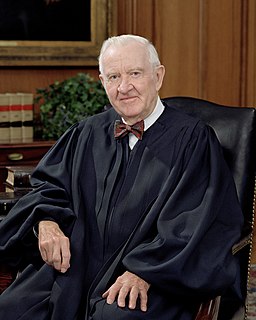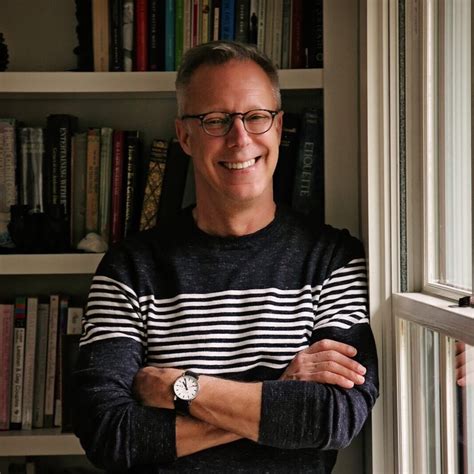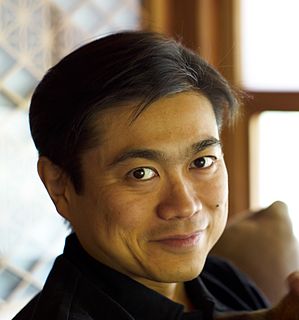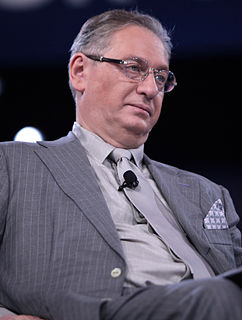A Quote by John Paul Stevens
In the national debate about a serious issue, it is the expression of the minority's viewpoint that most demands the protection of the First Amendment. Whatever the better policy may be, a full and frank discussion of the costs and benefits of the attempt to prohibit the use of marijuana is far wiser than suppression of speech because it is unpopular.
Related Quotes
To me, freedom of speech and debate are necessary inputs in solving any of our nation's problems, from homelessness and economic inequality to banking, the environment, and national security. Freedom of speech is what Larry Lessig would call a 'root' issue; working on free speech is striking at a root issue.
I wish that Google would realize its own power in the cause of free speech. The debate has been often held about Google's role in acceding to the Chinese government's demands to censor search results. Google says that it is better to have a hampered internet than no internet at all. I believe that if the Chinese people were threatened with no Google, they might even rise up and demand free speech - free search and links - from their regime. Google lives and profits by free speech and must use its considerable power to become a better guardian of it.
But on the other hand, in discussion and debate concerning social issues or American foreign policy, Vietnam or the Middle East, for example, the issue is constantly raised, often with considerable venom. I've repeatedly been challenged on grounds of credentials, or asked, what special training do you have that entitles you to speak of these matters. The assumption is that people like me, who are outsiders from a professional viewpoint, are not entitled to speak on such things.
Look, this debate is basic: it's small government vs. big government. So how cowardly do folks like Blood and Frank Rich have to be that they can't man up and defend their love for collectivism? The only reason they scream race, is because that debate scares them. They know a racial accusation prevents dialogue, because such a harmful charge far outweighs any benefits of winning an argument.
To conclude this discussion, assessment of justice demands engagement with the 'eyes of mankind',first, because we may variously identify with the others elsewhere and not just with our local community;second, because our choices and actions may affect the lives of others far as well as near;and third,because what they see from their respective perspective of history and geography may help us to overcome our own parochialism.
Given our inevitably incomplete knowledge about key structural aspects of our ever-changing economy and the sometimes asymmetric costs or benefits of particular outcomes, a central bank... need to consider not only the most likely future path for the economy but also the distribution of possible outcomes about that path. They then need to reach a judgment about the probabilities, costs, and benefits of the various possible outcomes under alternative choices for policy.
Because of the free speech clause in the First Amendment, which is very clear, "The government shall make no law abridging freedom of speech," and it literally is about political speech. You can say anything you want about politics, a candidate, and the government cannot stop you. And the Democrats hate that.

































